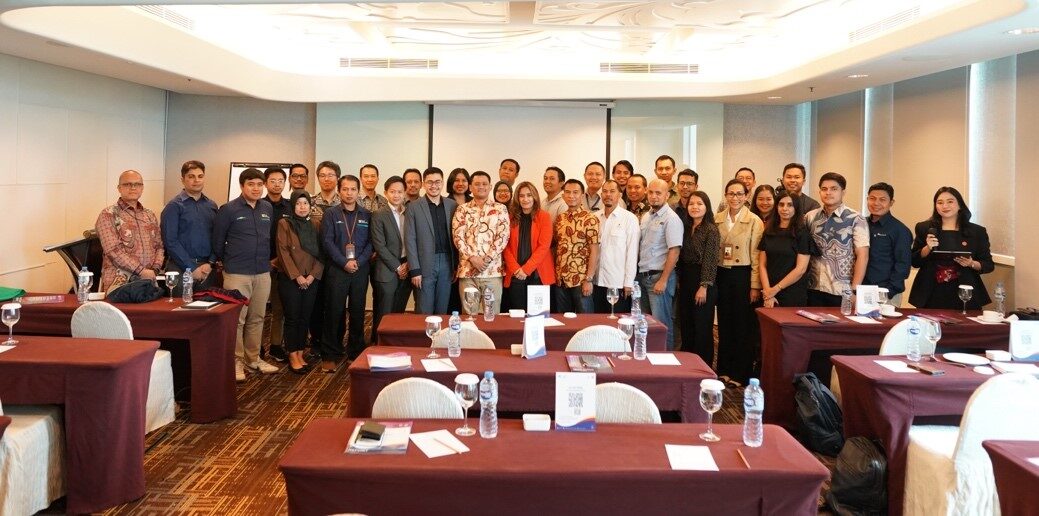Digital sector can be a pillar for Indonesia to trigger economic growth. As mentioned by Bank Indonesia’s (BI’s) governor, digital sector can be an economic savior during the COVID-19 pandemic
Jakarta (ANTARA) – House of Representatives’ (DPR’s) Deputy Speaker Muhaimin Iskandar deemed it necessary to boost the digital sector in Indonesia in a bid to anticipate the impact of the global economic crisis.
“Digital sector can be a pillar for Indonesia to trigger economic growth. As mentioned by Bank Indonesia’s (BI’s) governor, digital sector can be an economic savior during the COVID-19 pandemic,” he said in a statement on Wednesday.
Indonesia needs to watch out for the shadows of economic crisis caused by the global monetary policy and inflation to avoid recession.
Digitalization should be interpreted as a process to bolster efficiency and effectiveness in activities, specifically transactions and development of the business sector by utilizing digital technology.
This will be able to support economic growth.
Related news: G20 Sherpa encourages bolstering digitalization for economic recovery
“The government has to continue to improve digital infrastructure development and distribution across Indonesia’s territory as well as provide full support through the state budget policies,” he remarked.
Through this, he expects Indonesia’s digital economic sector to continue to grow and the country’s entire population to be able to reap the benefits.
In addition, Iskandar urged the Financial Service Authority (OJK) to commit to providing support by facilitating entrepreneurs, especially micro, small, and medium enterprises (MSMEs) across Indonesia, to access digital financial services and conduct business digitalization.
“The OJK has to bolster dissemination (of information) on digital financial service and business digitalization to entrepreneurs and MSMEs across Indonesia to expand business digitalization,” he remarked.
Related news: Govt, BI unveil National Economic Synergy Movement, Digital Finance
He also urged the government, BI, and OJK to provide support in the form of policies for the people in conducting digital transactions.
This aims to enable easier and broader access to digital finance services.
Moreover, it boosts the state’s revenue, such as by integrating the digital payment system to pay tax and non-tax state revenue (PNBP).
Related news: Expect digital currency to stoke capital market growth: BI
Related news: Indonesia raises two digital economy-related issues at Sherpa 20



